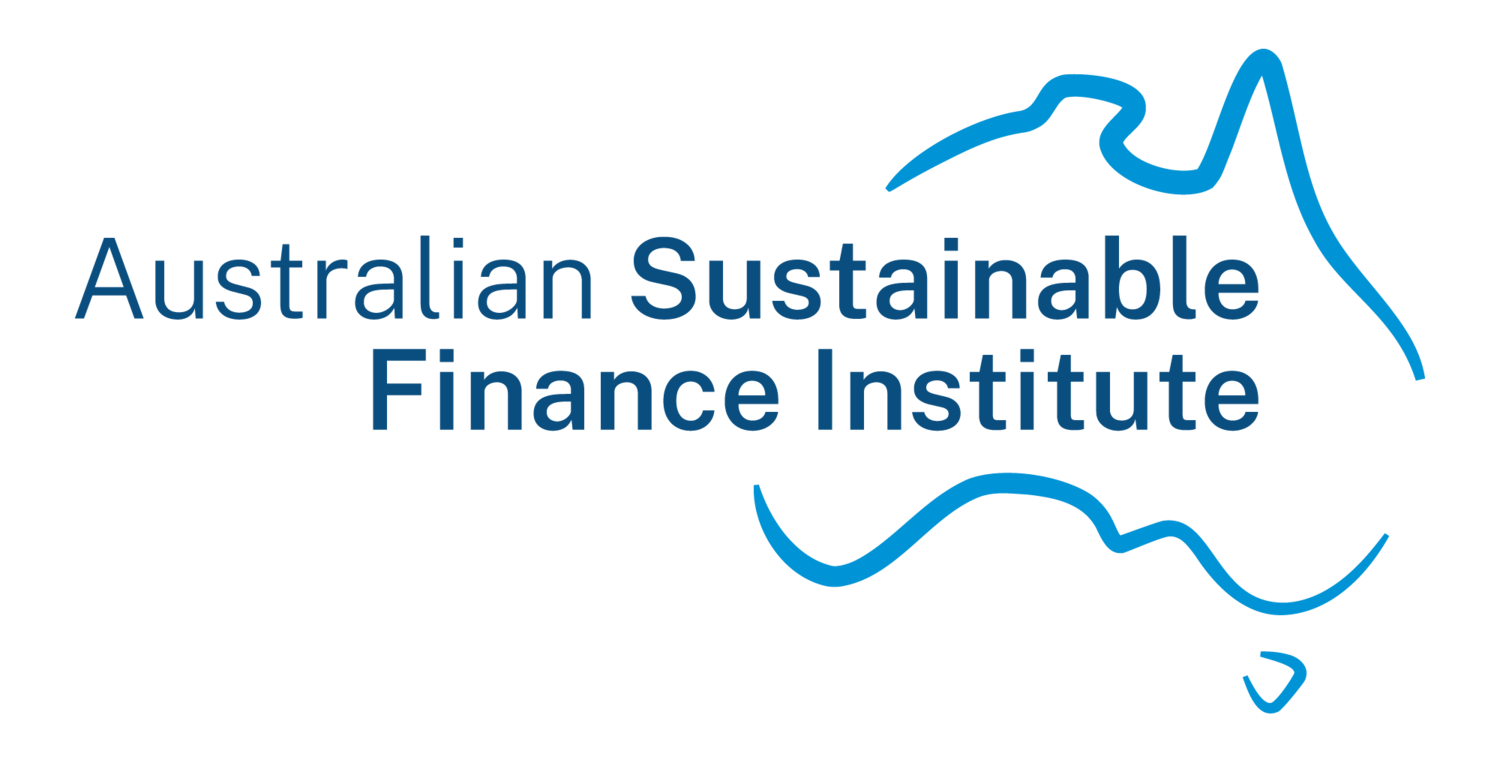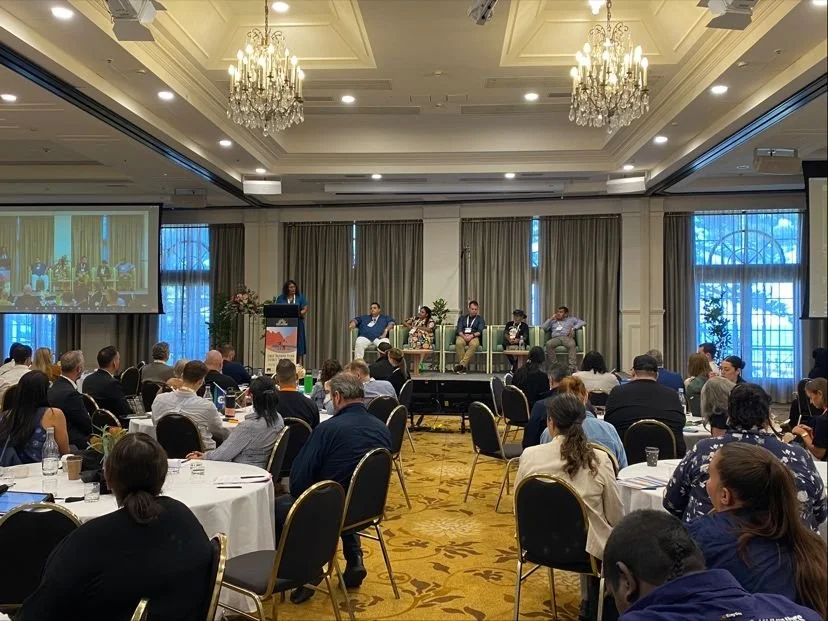Reflections from the First Nations Clean Energy Symposium
Collaboration and equitable partnerships with First Nations are critical to ensuring a clean energy transition which is just and prioritises community benefits. Access to finance, capacity building and an enabling policy environment will be key to making this a reality.
This is what the ASFI team heard at the First Nations Clean Energy Symposium in May, which brought together Traditional Owners, community, and industry to discuss how First Nations are leading and partnering in the clean energy transition.
Read on for reflections from Tiarne Shutt, ASFI’s Program Lead; First Nations and Finance.
Collaboration and equitable partnerships
A recurring theme was the need for collaboration and partnership. Panellists emphasised the importance of collaborative efforts, which “weave threads together to make change” (Robynne Quiggin, Pro-Vice Chancellor, UTS and ASFI Board Director).
Meanwhile, equitable clean energy partnerships can provide long-term economic and social benefits for First Nations communities.
These partnerships must be underpinned by free, prior, and informed consent (FPIC) as an ongoing, dynamic process rather than a formality at the project’s outset. Project proponents must ensure First Nations communities are genuinely informed and real consent is sought throughout all stages of the project.
Traditional Owners and community members also highlighted the need for equitable negotiation practices as a prerequisite for equitable partnerships. One breakout session detailed practical negotiation frameworks and tools, showcasing how First Nations people are setting the standard for these practices.
The themes of these discussions suggest an essential role for finance in enabling projects which are founded on equitable partnerships.
The critical need for capacity building
Capacity building is vital for empowering First Nations communities with a thorough understanding of the scope of projects, again facilitating equitable partnerships. Panellists stressed that there is also a critical role for finance to support this.
Policy barriers to a First Nations-led Clean Energy Future
Participants noted significant policy barriers to enabling a First Nations-led energy transition. We heard that there is a lack of understanding within government, and a lack of coordination between different levels of government which is inhibiting real progress. This is a missed opportunity.
As Joe Morrison, CEO of the Indigenous Land and Sea Corporation said:
“This is about the nation’s future. The nation can’t move forward without Indigenous people as a central agent in that future.”
L-R: Nicole Yazbek-Martin (Head of Taxonomy and Natural Capital, ASFI), Isobella Halcrow (Communications Officer, ASFI) and Tiarne Shutt (Program Lead; First Nations and Finance) on Kaurna Country at the First Nations Clean Energy Symposium
We thank the Traditional Owners who were generous in sharing their knowledge, lived experience and solutions with us. ASFI is committed to creating systems-level changes in the finance system to support positive outcomes and economic self- determination for First Nations people. We look forward to taking these learnings with us as we continue our work program on First Nations and Finance.
Read about our First Nations and Finance work program at https://www.asfi.org.au/first-nations-and-finance
Learn more about the First Nations Clean Energy Symposium by visiting https://www.firstnationscleanenergy.org.au/first_nations_clean_energy_symposium_2024



